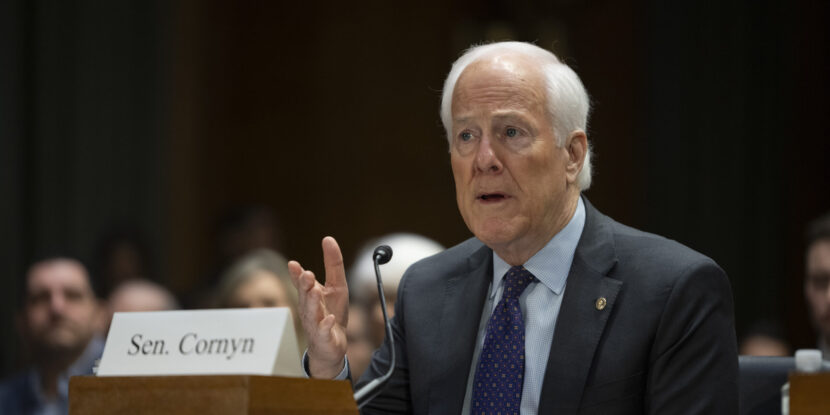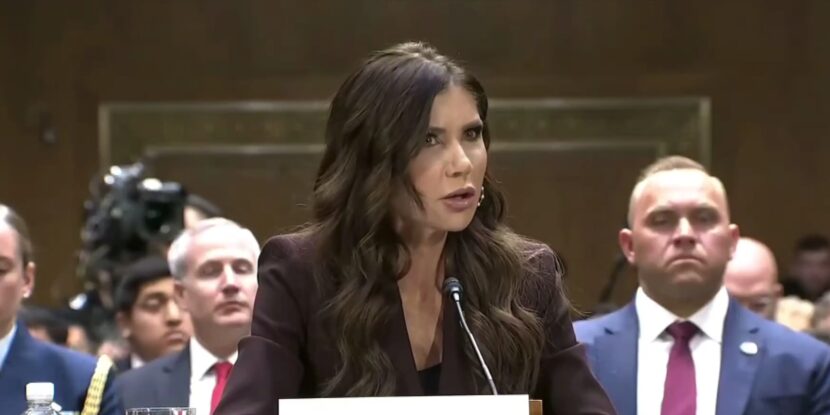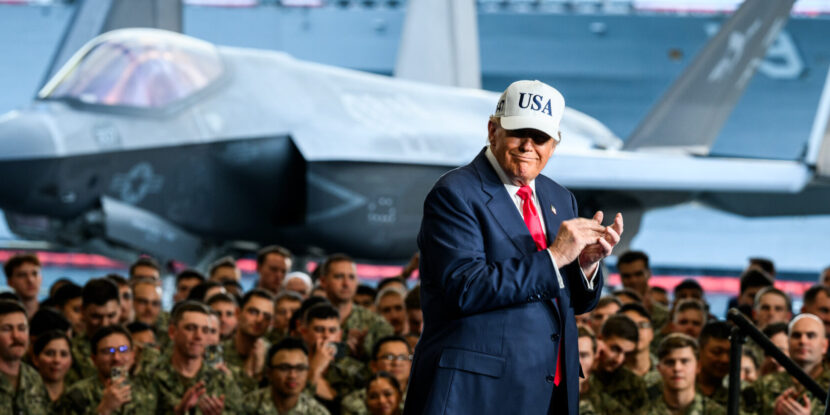PULSE POINTS:
❓What Happened: New analysis suggests only a concerningly small number of Department of Government Efficiency (DOGE) cuts can actually be reviewed and verified.
👥 Who’s Involved: Elon Musk, DOGE, the Trump administration, critics of DOGE, and Open the Books auditors.
📍 Where & When: The analysis was published by Open the Books on Tuesday, May 27, 2025.
💬 Key Quote: “DOGE is an advisory group; we are doing the best we can as an advisory group. We do not make the laws, nor do we control the judiciary, nor do we control the Executive Branch.” – Elon Musk.
⚠️ Impact: Transparency concerns persist regarding the verification of claimed savings by DOGE, with taxpayers struggling to confirm many of the savings figures.
IN FULL:
New analysis suggests that many of the claimed cuts to nondiscretionary spending enacted by the Department of Government Efficiency (DOGE) cannot be easily reviewed or verified. The external audit of DOGE data is raising concerns about a lack of transparency behind the advisory agency’s methodology and claims, as it appears to be largely winding down its mission ahead of Elon Musk’s possible departure as a special government employee.
The Trump administration has credited DOGE with saving taxpayers $160 billion by targeting wasteful spending through canceled grants, contracts, and other measures. However, critics, including some on the right, dispute the validity of those savings. Open the Books, an independent watchdog, analyzed DOGE’s claims and found that only 42 percent of contracts and 27 percent of grants could be easily verified through public records.
According to Open the Books, the discrepancies largely stem from a lack of real-time transparency in government spending systems, such as USASpending.gov and the Federal Procurement Data System (FPDS). For instance, DOGE claimed savings of $32,366 on a State Department grant to a Chilean university, but public records show no corresponding outlay to confirm the figure. Similarly, a Department of Defense grant to the University of Wisconsin showed conflicting values between DOGE’s data and FPDS records.
Other problems faced by those trying to review and understand the DOGE data include federal contracts listed as Indefinite Delivery Vehicles (IDV). According to Open the Books, “This type of contract allows the government to sign a contract for a certain value, but pay for goods or services over time and negotiate those costs separately per instance.”
The watchdog group gives an example of a contract “…between the Department of Energy and Kumono Government Services, LLC [which] is for security and safety trainings at the DOE’s National Training Center in Albuquerque. Both DOGE and the FPDS roughly agree on the contract value. DOGE has it at $179,000,000 even, which FPDS says the total contract value is $179,637,339.14.”
“DOGE says they saved taxpayers $15,652,636.00 on this contract. But the FPDS shows a smaller current contract value of $31,303,271.64. It also reflects a total order value, presumably money already spent, of $117,901,211. Regardless of how one parses those numbers, it’s impossible to verify the $15.6M of savings,” Open the Books explains.
Another area of contention is that many of the recommended DOGE cuts are to non-discretionary spending, which will need to be codified either through rescissions enacted by Congress or through appropriations cuts enacted by lawmakers later this year. While fiscal conservative activists have tried to claim that Congress can enact DOGE cuts in the current reconciliation bill, these claims are actually untrue. Senate rules stipulate that budget reconciliation legislation can only address discretionary spending, of which the bill makes $1.6 trillion in cuts over the 10-year budget window.
Despite the transparency concerns raised by Open the Books, Elon Musk, who has served as the informal chief of the DOGE initiative, still claims that the group has largely accomplished its goals. During an interview at the Qatar Economic Forum, Musk stated: “We do not make the laws, nor do we control the judiciary, nor do we control the Executive Branch. We are simply advisors. In that context, we are doing very well.”
“We cannot take action beyond that because we are not some sort of imperial dictator of the government,” Musk said.
To better open the DOGE cutting process to public scrutiny, Open the Books is advocating that the public be allowed access to a modified version of the Treasury Payment System, which would allow those interested to track spending in real time. This mechanism could also help voters to better influence their elected officials as to what cuts they would want to see prioritized.



















